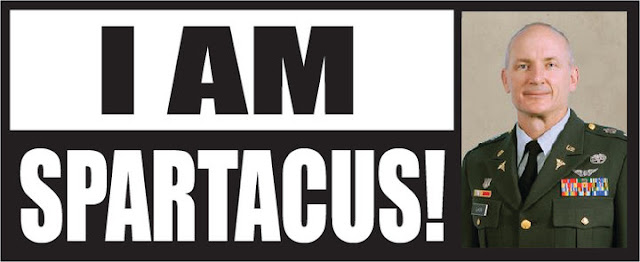The Guardian (UK) has this report:
Twelve American soldiers face trial over an secret "kill team" that allegedly blew up and shot Afghan civilians at random and collected their fingers as trophies.
Five of the soldiers are charged with murdering three Afghan men who were allegedly killed for sport in separate attacks this year. Seven other soldiers are accused of covering up the killings as well as a violent assault on a new recruit who exposed the murders when he reported other abuses, including members of the unit smoking hashish stolen from civilians.
 Court-Martial Trial Practice Blog
Court-Martial Trial Practice Blog














